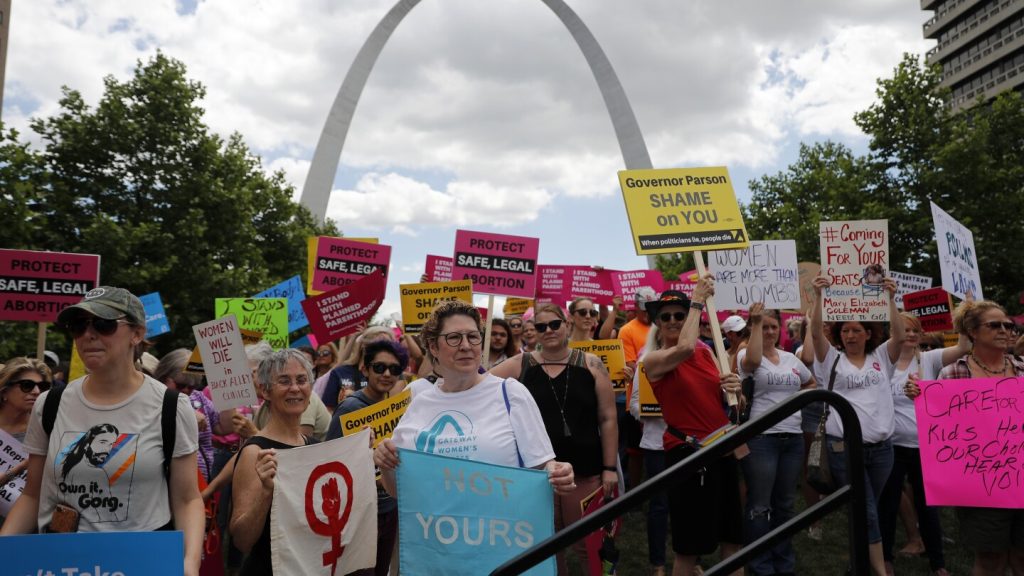Both sides of the debate over whether to enshrine abortion rights in Missouri’s constitution are engaged in last-minute legal challenges to influence how the proposal goes before voters. The state banned almost all abortions immediately after the U.S. Supreme Court overturned Roe v. Wade in 2022. In response, a campaign to restore abortion access in Missouri is pushing a constitutional amendment that would guarantee a right to abortion. Courts have until Sept. 10 to make changes to the November ballot, and two Republican state lawmakers and a prominent anti-abortion leader have sued to have the amendment thrown out, claiming it does not inform voters on the potential implications of the measure.
The anti-abortion campaign argues that the proposed amendment would have destructive consequences, claiming it would eliminate critical protections for vulnerable women, children, and the unborn. They also express concerns over taxpayers funding abortions and other extreme decisions. Hearings in the case have not yet been scheduled, but the legal battle is intensifying as the election approaches. In response, the abortion-rights campaign is also suing Secretary of State Ashcroft over how his office is describing the measure on the ballot. They argue that the language is biased and fails to accurately represent the potential regulations and legal consequences of the amendment.
The debate over the abortion rights amendment in Missouri is part of a broader national trend of allowing voters to weigh in on abortion laws since the overturning of Roe v. Wade. Similar measures have been qualified to go before voters in several other states, including Arizona, Colorado, Florida, Maryland, Montana, Nevada, and South Dakota. Legal fights have emerged across the country over whether these questions should be decided by voters and the exact wording of the ballot language. In Arkansas, for example, the state’s highest court upheld a decision to keep an abortion-rights ballot initiative off the November ballot, citing incomplete documentation from the group behind the measure.
The clash over the abortion rights amendment in Missouri reflects a deeply polarized debate on reproductive rights, with both sides actively working to influence the outcome of the upcoming election. The lawsuit filed by anti-abortion advocates underscores their concerns about the potential impact of the amendment on existing protections and regulations. Meanwhile, the abortion-rights campaign is fighting to ensure that the ballot language accurately represents the implications of the proposed measure. Ultimately, the fate of the abortion rights amendment in Missouri will be decided by the courts, with significant implications for the future of reproductive rights in the state.
As the legal battle intensifies in Missouri, both sides are gearing up for a contentious fight over the future of abortion rights in the state. The outcome of the lawsuits and the November ballot will have far-reaching implications for women’s access to reproductive healthcare and the regulation of abortion providers. While the anti-abortion campaign seeks to overturn the proposed amendment, the abortion-rights advocates are determined to protect and expand access to safe and legal abortion in Missouri. The clash between these opposing views is emblematic of the larger national debate over abortion rights and the role of voters in shaping reproductive healthcare policy.


